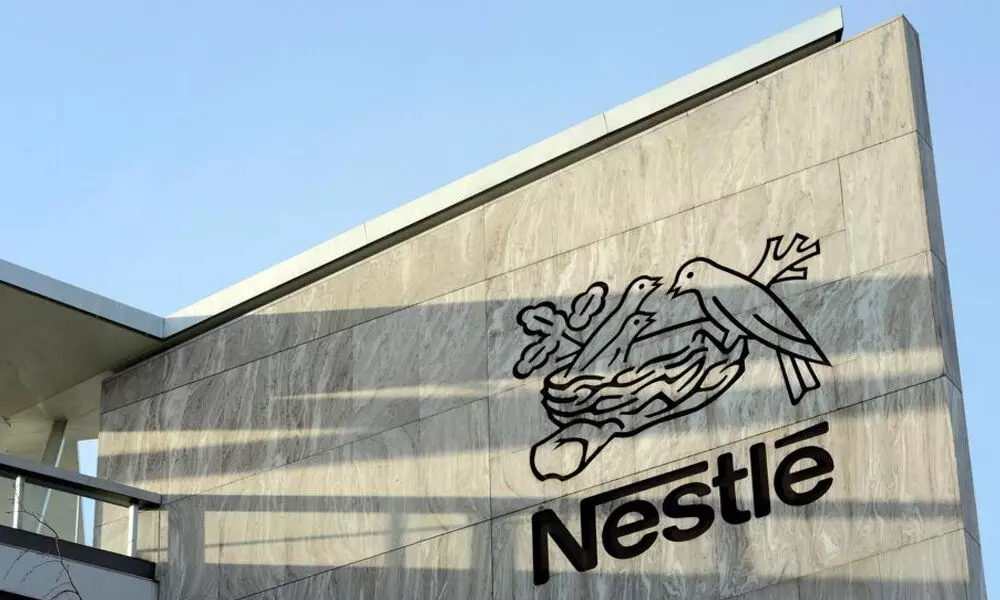Nestlé under scanner; adds sugar to infant milk sold in India, Asia
Nestlé, the world's largest consumer goods manufacturer of baby formula, has come under scrutiny after a report from Public Eye, a Swiss investigative organization
image for illustrative purpose

Nestlé, the world's largest consumer goods manufacturer of baby formula, has come under scrutiny after a report from Public Eye, a Swiss investigative organization, revealed that they add sugar to infant milk sold in various regions including India, other Asian countries, and Africa. The report highlighted findings that samples of Nido, a follow-up milk formula brand intended for infants aged one and above, and Cerelac, a cereal aimed at children aged between six months and two years, contained added sugar in the form of sucrose or honey.
Tests conducted on Cerelac products sold in India showed an average of more than 2.7 grams of added sugar per serving. Similarly, Cerelac products in South Africa contained four grams or more of added sugar per serving, while in Brazil, three-quarters of Cerelac baby cereals contained an average of 3 grams of added sugar per serving.
In Brazil, known as Mucilon, two out of eight Cerelac products were found to have no added sugar, while the other six contained nearly 4 grams per serving. In Nigeria, one product tested had up to 6.8 grams of added sugar.
The report also indicated variations in sugar levels in Nido products. For instance, in the Philippines, products aimed at toddlers contained no added sugar, whereas in Indonesia, Nido baby-food products, sold as Dancow, contained about 2 grams of added sugar per 100 grams of product, or 0.8 grams per serving.
Nestlé's practices have raised concerns about the nutritional content of their baby food products, especially given the potential health implications of high sugar consumption at such a young age. The company may face increased scrutiny and pressure to address these findings and ensure the provision of healthier options for infants and young children.

